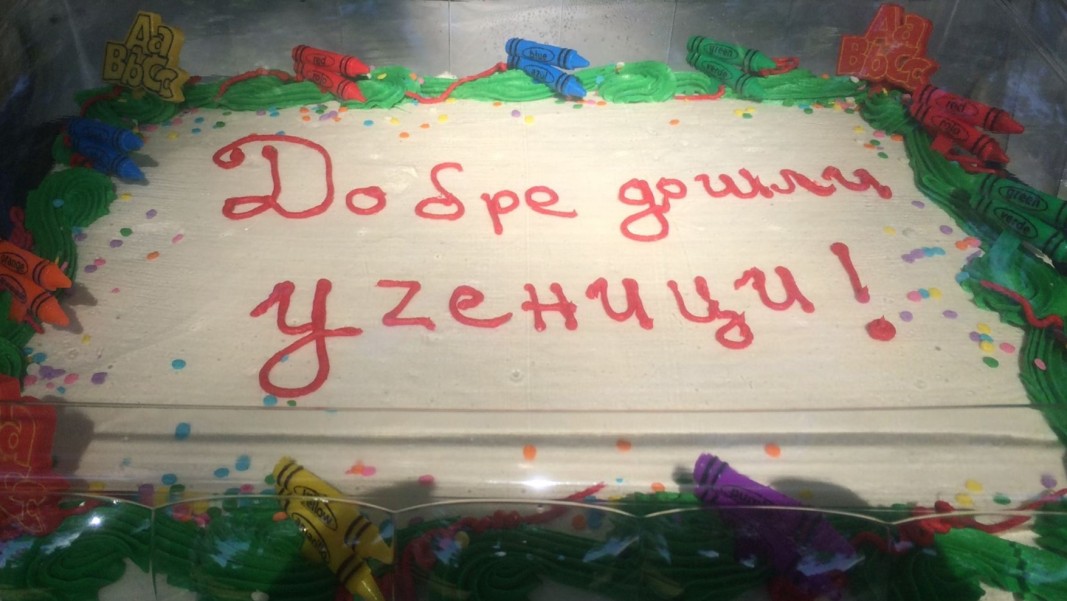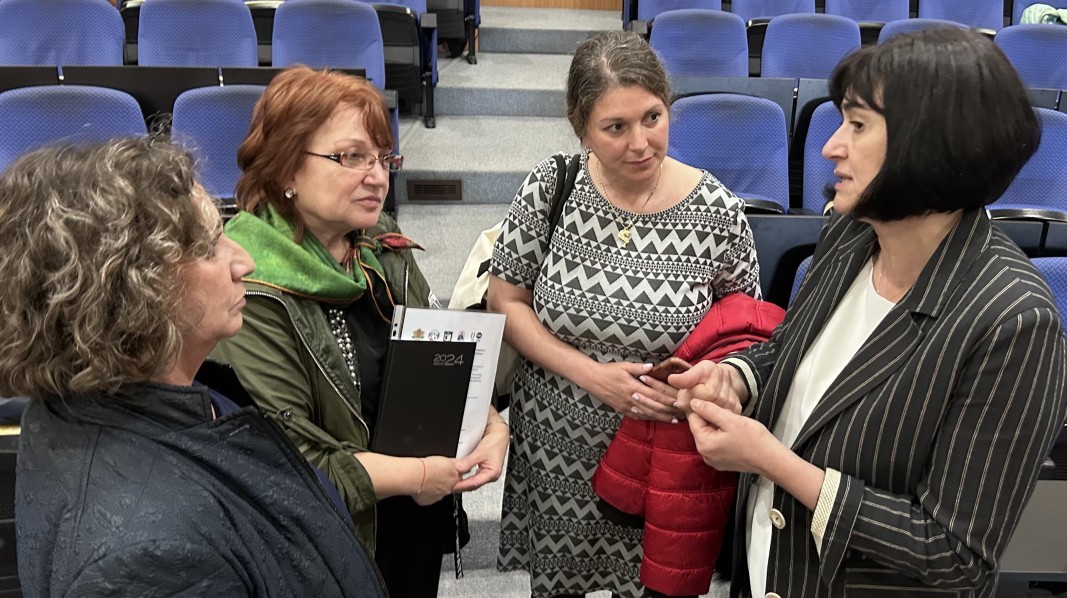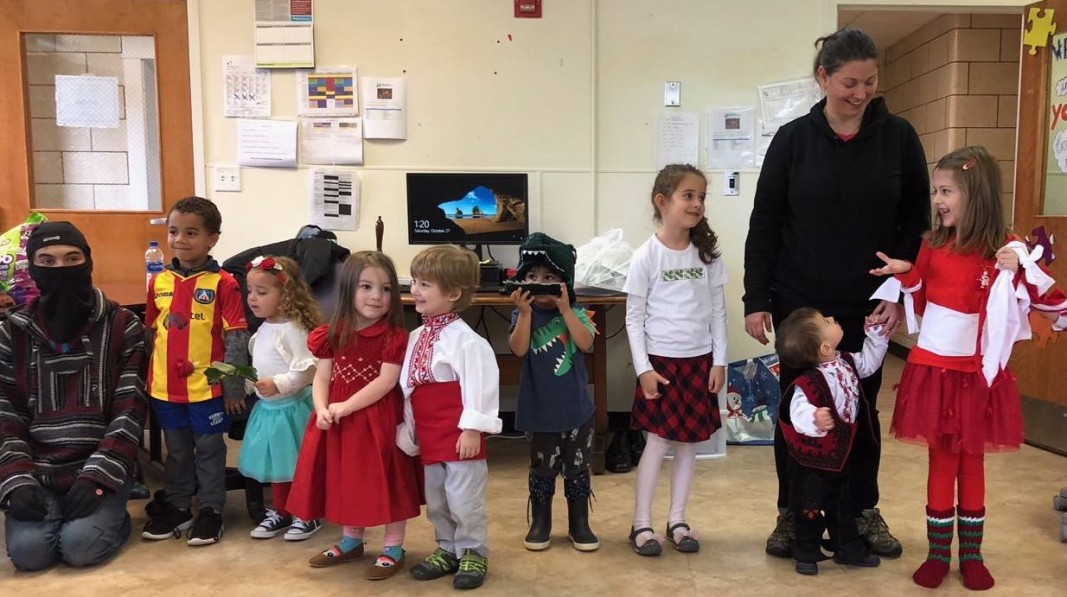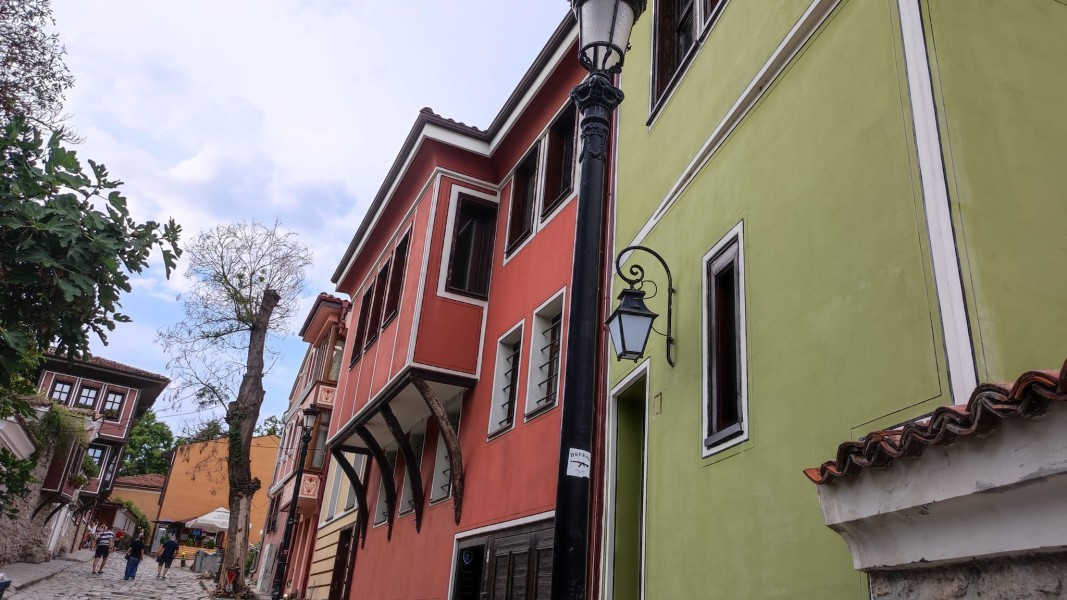



The Sofia City Prosecutor’s Office has initiated pre-trial proceedings regarding an organized criminal group for the trafficking of migrants, the prosecutor’s office has announced. Evidence was collected during the investigation regarding 16..
The number of crimes committed in the conditions of domestic violence has gone up by 54% since the beginning of the year compared to last year, the Ministry of Interior announced on International Day for the Elimination of Violence against Women. A..
As of next year, use of solid fuels for domestic heating in buildings which are part of central heating and gas supply networks will be banned in nine Sofia regions, Deputy Mayor of Sofia Nadezhda Bobcheva announced at the opening of a round table..
According to unofficial information, the Hungarian Presidency of the Council of the EU has drafted a decision for the full admission of Bulgaria and..
The first marble statue discovered in the ancient city of Heraclea Sintica on 3 July, is probably of Lucius – grandson of Roman Emperor Octavian..
The Bulgarian Hotel and Restaurant Association (BHRA) presented its annual awards for professional achievements in the field of tourism. The Bulgarian..

+359 2 9336 661
